Beyond the Usual Beating
Edited by Lilia Fernndez, Timothy J. Gilfoyle, Becky M. Nicolaides, and Amanda I. Seligman, James R. Grossman, Editor Emeritus
Recent titles in the series
Ann Durkin Keating, The World of Juliette Kinzie: Chicago before the Fire
Jeffrey S. Adler, Murder in New Orleans: The Creation of Jim Crow Policing
David A. Gamson, The Importance of Being Urban: Designing the Progressive School District, 18901940
Kara Schlichting, New York Recentered: Building the Metropolis from the Shore
Mark Wild, Renewal: Liberal Protestants and the American City after World War II
Meredith Oda, The Gateway to the Pacific: Japanese Americans and the Remaking of San Francisco
Sean Dinces, Bulls Markets: Chicagos Basketball Business and the New Inequality
Julia Guarneri, Newsprint Metropolis: City Papers and the Making of Modern Americans
Kyle B. Roberts, Evangelical Gotham: Religion and the Making of New York City, 17831860
Timothy Neary, Crossing Parish Boundaries: Race, Sports, and Catholic Youth in Chicago, 19141954
Julia Rabig, The Fixers: Devolution, Development, and Civil Society in Newark, 19601990
Amanda I. Seligman, Chicagos Block Clubs: How Neighbors Shape the City
Aaron Shkuda, The Lofts of SoHo: Gentrification, Art, and Industry in New York, 19501980
Mark Krasovic, The Newark Frontier: Community Action in the Great Society
Ansley T. Erickson, Making the Unequal Metropolis: School Desegregation and Its Limits
A complete list of series titles is available on the University of Chicago Press website.
BEYOND THE USUAL BEATING
The Jon Burge Police Torture Scandal and Social Movements for Police Accountability in Chicago
ANDREW S. BAER
The University of Chicago Press | Chicago and London
The University of Chicago Press, Chicago 60637
The University of Chicago Press, Ltd., London
2020 by The University of Chicago
All rights reserved. No part of this book may be used or reproduced in any manner whatsoever without written permission, except in the case of brief quotations in critical articles and reviews. For more information, contact the University of Chicago Press, 1427 E. 60th St., Chicago, IL 60637.
Published 2020
Printed in the United States of America
29 28 27 26 25 24 23 22 21 20 1 2 3 4 5
ISBN-13: 978-0-226-70047-2 (cloth)
ISBN-13: 978-0-226-70050-2 (e-book)
DOI: https://doi.org/10.7208/chicago/9780226700502.001.0001
Library of Congress Cataloging-in-Publication Data
Names: Baer, Andrew S., author.
Title: Beyond the usual beating : the Jon Burge police torture scandal and social movements for police accountability in Chicago / Andrew S. Baer.
Other titles: Historical studies of urban America.
Description: Chicago : University of Chicago Press, 2020. | Series: Historical studies of urban America | Includes bibliographical references and index.
Identifiers: LCCN 2019037869 | ISBN 9780226700472 (cloth) | ISBN 9780226700502 (ebook)
Subjects: LCSH: Burge, Jon. | Police brutalityIllinoisChicago. | TortureIllinoisChicago.
Classification: LCC HV8148.C4 B347 2020 | DDC 363.2/32dc23
LC record available at https://lccn.loc.gov/2019037869

This paper meets the requirements of ANSI / NISO Z39.48-1992 (Permanence of Paper).
Contents

On Valentines Day, 1982, a twenty-one-year-old African American man named Jackie Wilson took a beating from white detectives at the Chicago Police Departments Area 2 headquarters on the citys Far South Side. Five days earlier, Jackie had helped his older brother, Andrew Wilson, escape after fatally shooting two white police officers. Having learned of the murders after filing out of the funeral for a third slain patrolman, Mayor Jane Byrne and her police superintendent authorized a massive manhunt for the killers that elicited sensational media coverage and allegations of brutality. Employing conventional investigative methods and illegal coercion, detectives under the command of Lieutenant Jon Burge discovered the suspects identities, compiled evidence of their guilt, and apprehended the Wilsons at separate hideaways. Determined not only to secure confessions but also to punish alleged cop killers, detectives denied Jackie a lawyer; slapped, punched, and kicked him until he urinated; twisted his fingers; placed a gun in his mouth; and promised, You would be wise to come clean and tell us what happened. Burge allegedly told his men: I am getting tired of this shit. I got something that will make him talk. Pulling a black box from a bag, Burge waited while another detective attached wires to Jackies hand. Turning a crank like a jack in the box, Burge sent an electric jolt up Jackies arm. Elsewhere in the building, detectives delivered electric shocks and a worse beating to the shooter, Andrew Wilson, who screamed loud enough for Jackie to hear. If the Wilson brothers expected some abuse in police custody, for Jackie, electric shock was the last straw. Submitting, they both signed confessions. Andrew died in prison in 2007. Continuing to serve a life sentence, Jackie fought to suppress his confession and win a new trial.
Over thirty-six years later, on June 14, 2018, Circuit Court judge William Hooks reversed Jackie Wilsons conviction, remanding the case back to the trial court, where that confession may not be used.
Yet Chicagos Jon Burge police torture scandal involved much more than a few bad apples. From 1972 to 1991 and beyond, dozens of detectives working alongside or under the supervision of Detectivelater CommanderJon Burge tortured or otherwise coerced confessions from over 118 African American criminal suspects at Chicago Police Department (CPD) Area 2 and Area 3 headquarters on the citys South and Southwest Sides.
Figure 1 Commander Jon Burge, circa 1994. Although Burge emerged as the public face of the torture scandal, scores of other officers, police supervisors, prosecutors, and elected officials facilitated abuse at Area 2 and elsewhere during the 1970s, 1980s, and 1990s. Chicago Sun-Times files, Courtesy of Sun-Times Media.
Through an analysis of the Burge scandal and its aftermath, Beyond the Usual Beating contributes to historical knowledge on race, policing, and social movements. Recent scholarship on criminal justice in the United States focuses overwhelmingly on the causes and consequences of the late twentieth-century rise of mass incarceration. Much of this story has already been told. Adopting a bottom-up perspective, this book shows how ground-level operatives perpetuated racism in the criminal justice system, uncovers grassroots resistance to the punitive turn, and challenges the paradigm of the carceral state.
Indeed, historians of postWorld War II America may be assigning

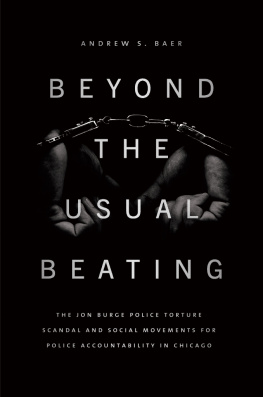
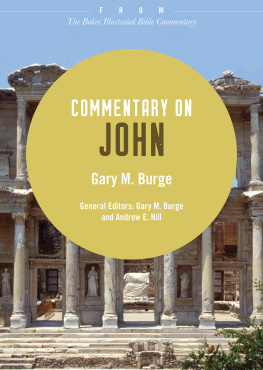
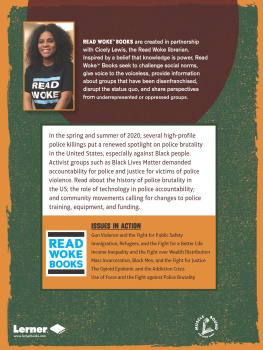

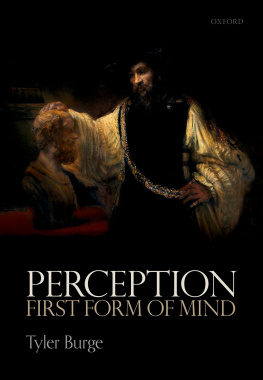
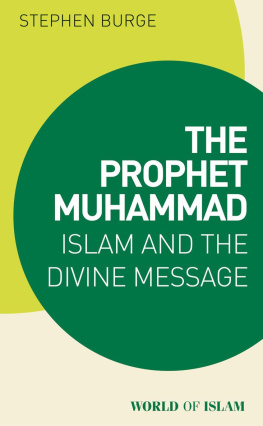
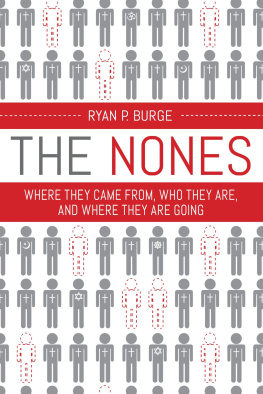

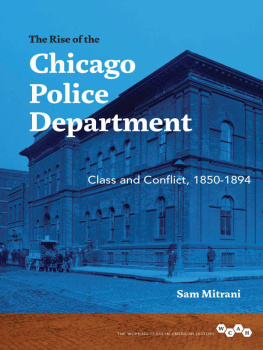
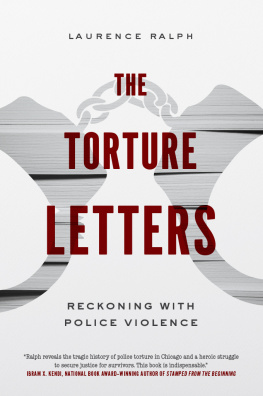
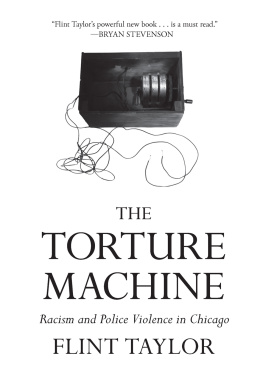
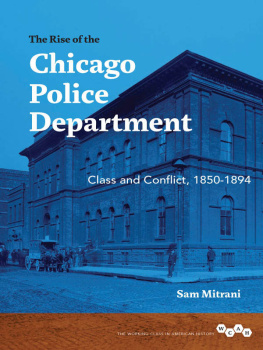
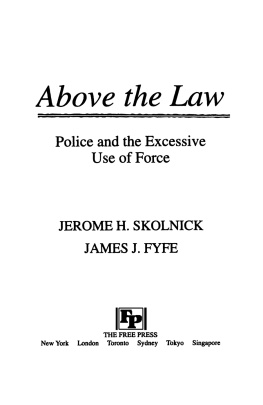

 This paper meets the requirements of ANSI / NISO Z39.48-1992 (Permanence of Paper).
This paper meets the requirements of ANSI / NISO Z39.48-1992 (Permanence of Paper).
